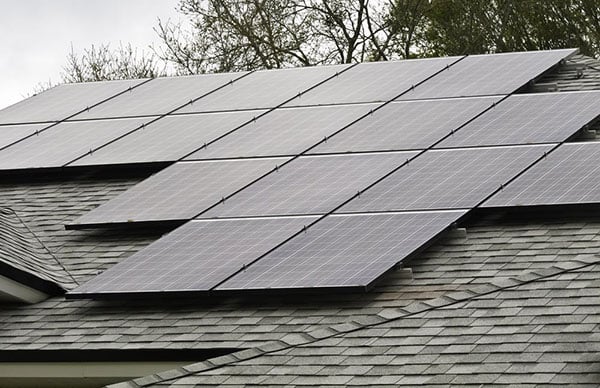Your HOA has several deed restrictions set in place for the benefit of all of the residents within the neighborhood. This can include everything from the colors that houses in the community association can be painted to the types of structures that can be added to each property. While you want to be reasonable in your HOA deed restriction enforcement, you also want to be sure that you're keeping your neighborhood safe, maintaining property values for your residents, and fulfilling the duties of the HOA.
What Does It Mean to Be Reasonable?
HOAs can not--and should not--selectively enforce rules. If you've told the gentleman down the street that he has two weeks to take care of the overgrowth in his yard before he'll experience fines, you have the same responsibility to the resident on the corner. On the other hand, you can be reasonable, both with your rules and with the way you choose to enforce them. For example, suppose that the resident on the corner is recently widowed or has been ill: you might, instead of fining them, have a board member offer to take care of mowing their yard for them or give them additional time to take care of that responsibility as a result of extenuating circumstances. The key to being reasonable is remembering that your homeowners are people with lives outside maintaining their homes and properties. They need your respect and care, not just your ability to recite rules and regulations.
The Authority of the Association
When people move into a homeowner association (HOA) they sign a contract agreeing to adhere to the rules set out by the board. That does give the homeowner's association authority over them--including enforcing the way they maintain their properties. According to §209.007 Texas Property Code, for example, homeowner's associations have the right to assess fines (if done in an open board meeting for which prior notice is given), offer architectural control approval, and initiate enforcement actions where rules are not followed. It's important, however, to be sure that these things are done in accordance with the law in each state--and that means you should consult your state's laws before proceeding.
When Should the HOA Proceed?
When there has been a restriction that is not followed or an architectural control issue that has been ignored, it's important for the HOA to decide when to act. Several things should be carefully considered by the HOA before deciding on the action to be taken.
- What action has been taken by the board with regards to this issue in the past? For example, if your board has chosen to ignore a specific violation in the past, it shouldn't be enforced for a single individual.
- What rights does your HOA have to enforce the rules? Check your governing documents to make sure that you have the ability to enforce a specific rule.
- Is it reasonable for the HOA to enforce the rule that is under contention? Extenuating circumstances should typically be granted leeway before your HOA jumps straight to enforcement.
- What penalties are available for the HOA? Penalties may include fines, removing offending structures or items on the property, or preventing individuals from using communal resources like the swimming pool or community center until the violation is fixed.
How Do You Conduct a Hearing?
A member of the community has been found in violation of the rules, and the HOA has decided to enforce them. How do you handle the issue?
- Hold a hearing. The hearing should be announced ahead of time, with plenty of time given for the homeowner to make plans to attend.
- Make sure that the hearing is at a time that is reasonable for the homeowner. If for example, the homeowner typically works nights or weekends, special arrangements may need to be made.
- Provide evidence of the violation, including a copy of the guidelines that have been violated.
- Allow time at the hearing for the homeowner to argue their case, share extenuating circumstances, or offer a resolution.
- Look for a resolution that will benefit all involved parties, especially if the violation is due to lack of care (lawn mowing, overgrowth of bushes) rather than deliberate action (putting up a structure outside HOA guidelines).
What Options Does the HOA Have?
When a homeowner in your community violates the rules of the HOA, it's important to look for a resolution. Your HOA has several options.
- You have the right to levy fines as a direct violation.
- You can sue the homeowner to force them to comply with HOA regulations.
- You can prevent homeowners from using community resources until the violation has been fixed.
- You can discuss the issue and reach a compromise together--for example, you might be willing to remove a specific rule from the books if it's not harming anyone, or to ask a homeowner to add specific features to a structure in order to meet HOA guidelines.
Enforcing the deed restriction rules of the HOA equally and reasonably is critical to keeping happy homeowners who are eager to be a part of the community. Holding a fair, equitable hearing is one of the best ways to make sure that you can hear the voice of your homeowners and reach a fitting compromise that will help everyone.





